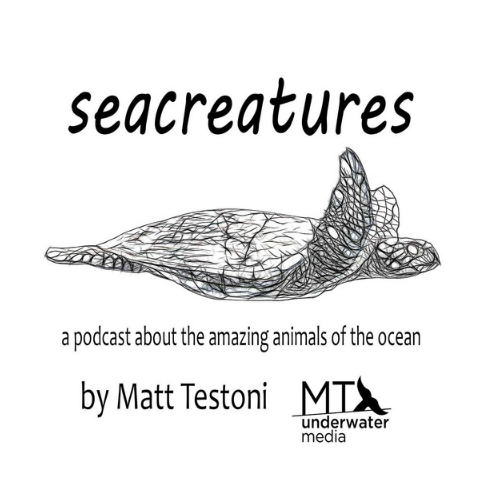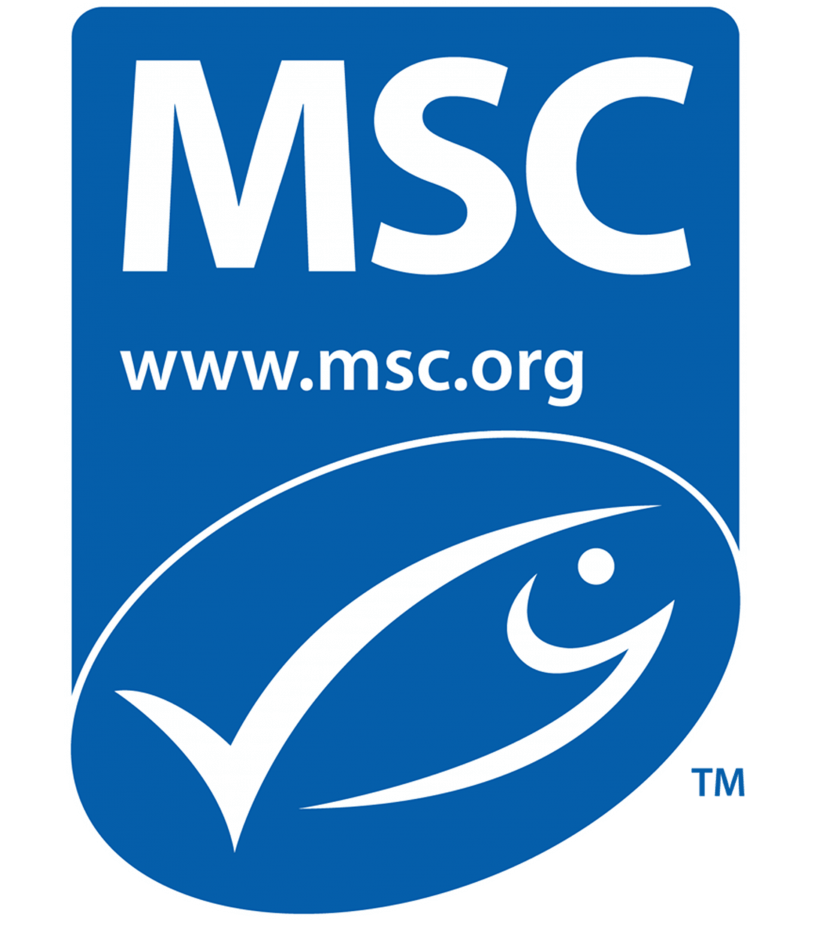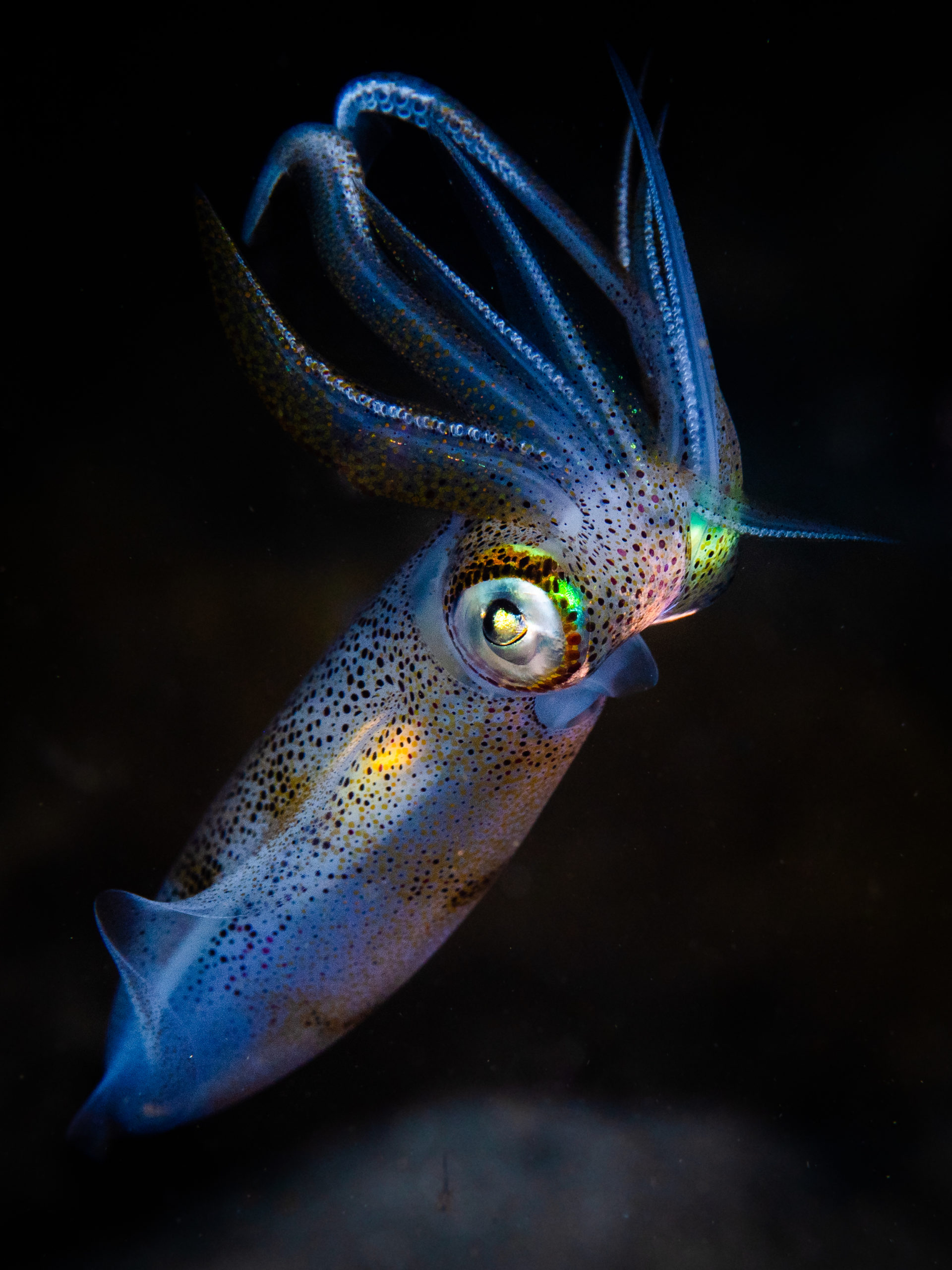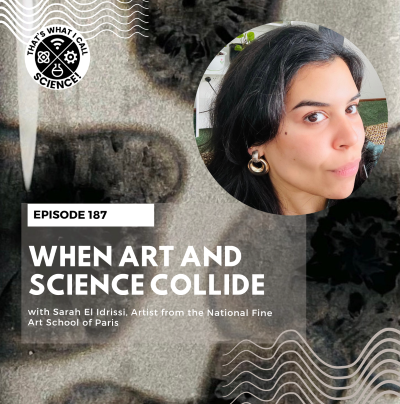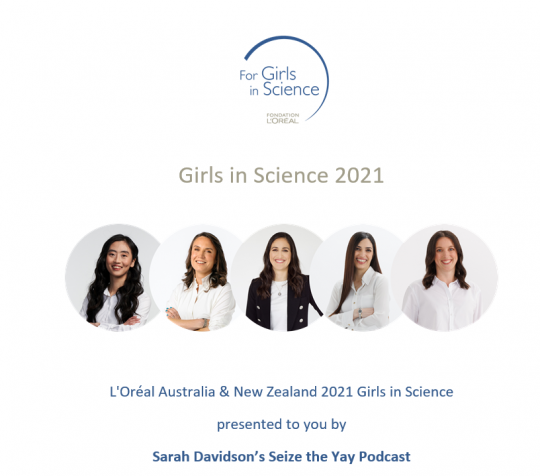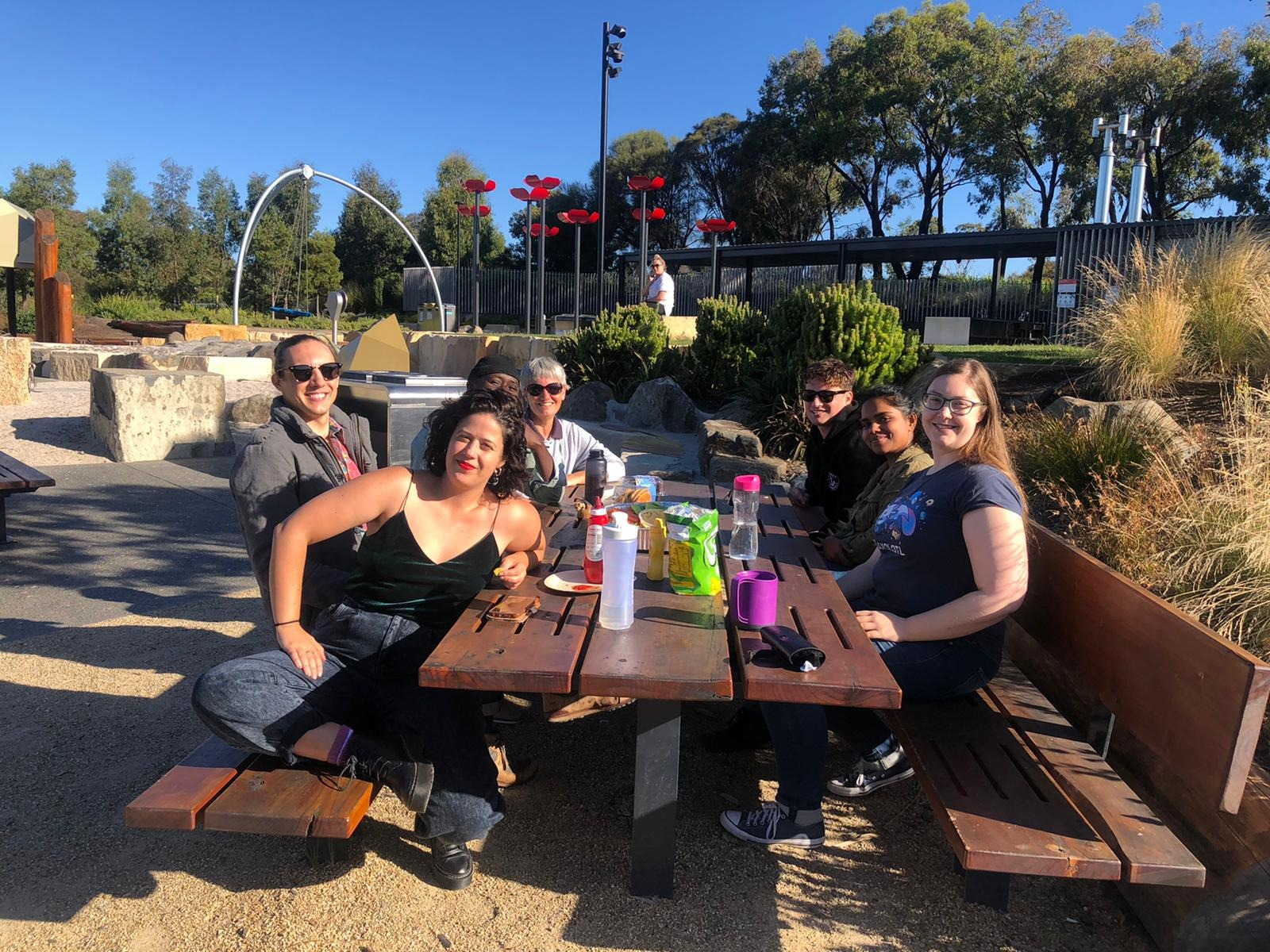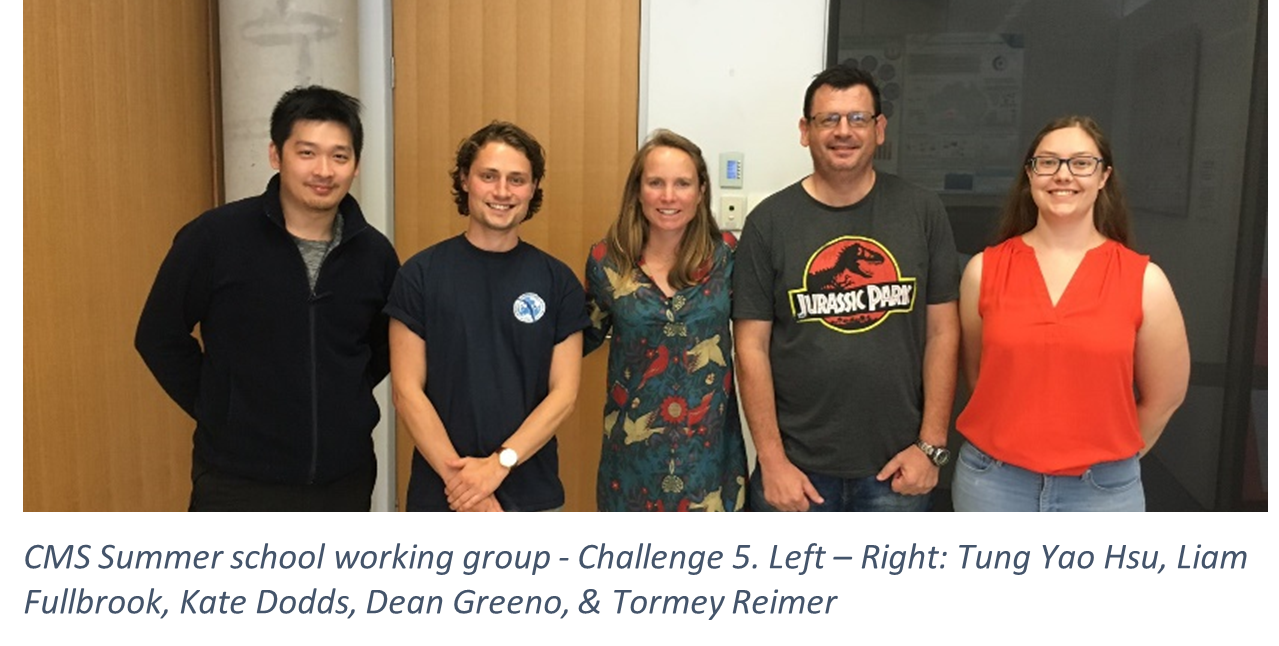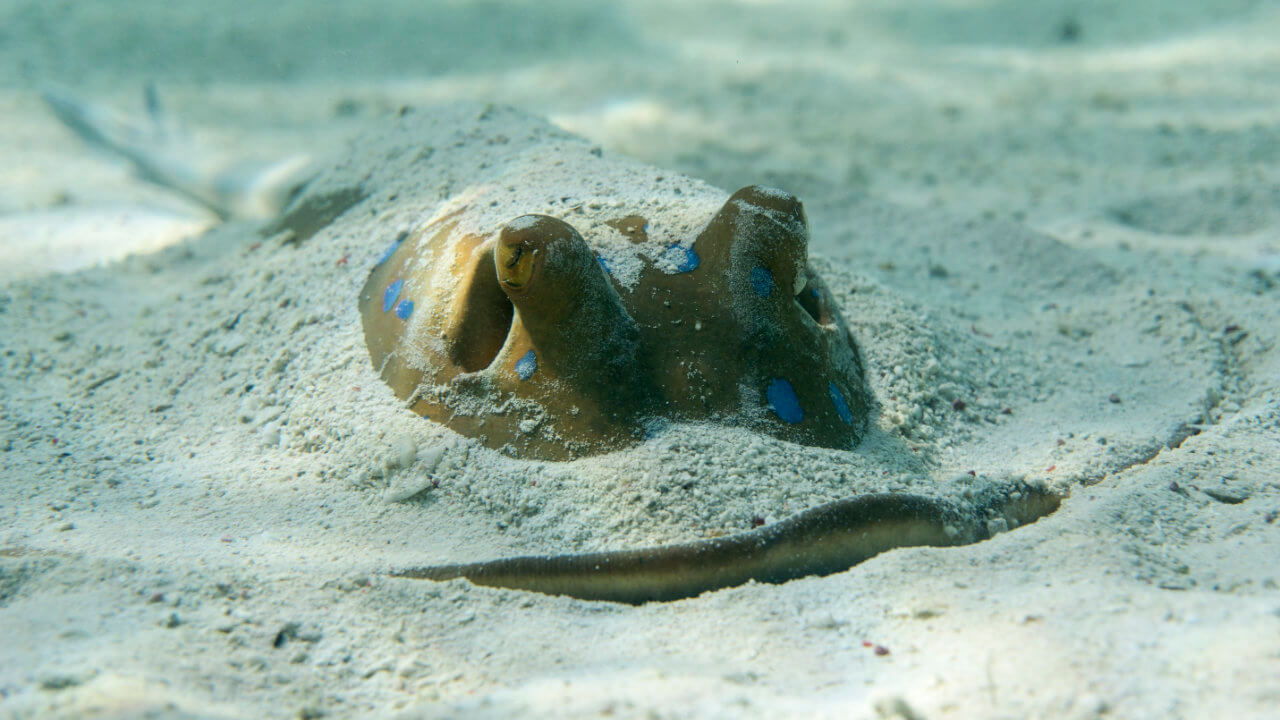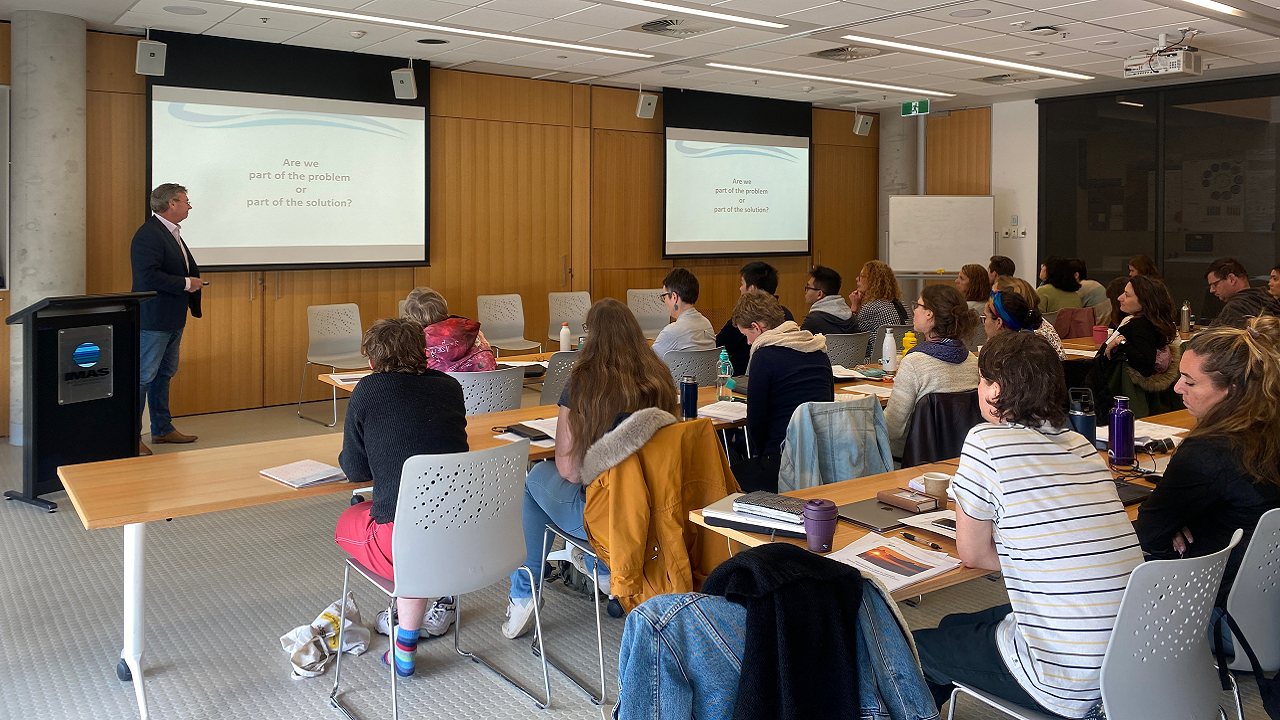By
Liam FulbrookAs nice and simple as it might be, we do not live in a world where things operate in small and easy to manage pieces. Although we try to force things to fit in our predesignated boxes, we are increasingly realising that everything is connected
(or at least we in the western world are only just realising this). For example, in sciences we research our oceans as Oceanographers, Ecologists, Political scientists, Biologists, Botanists, Ichthyologists and many many more. But as we begin to accept that our actions have complex, interlinked and multifaceted consequences and it is important that we begin exploring the cross-boundary relationships and explore the spaces between disciplines.

